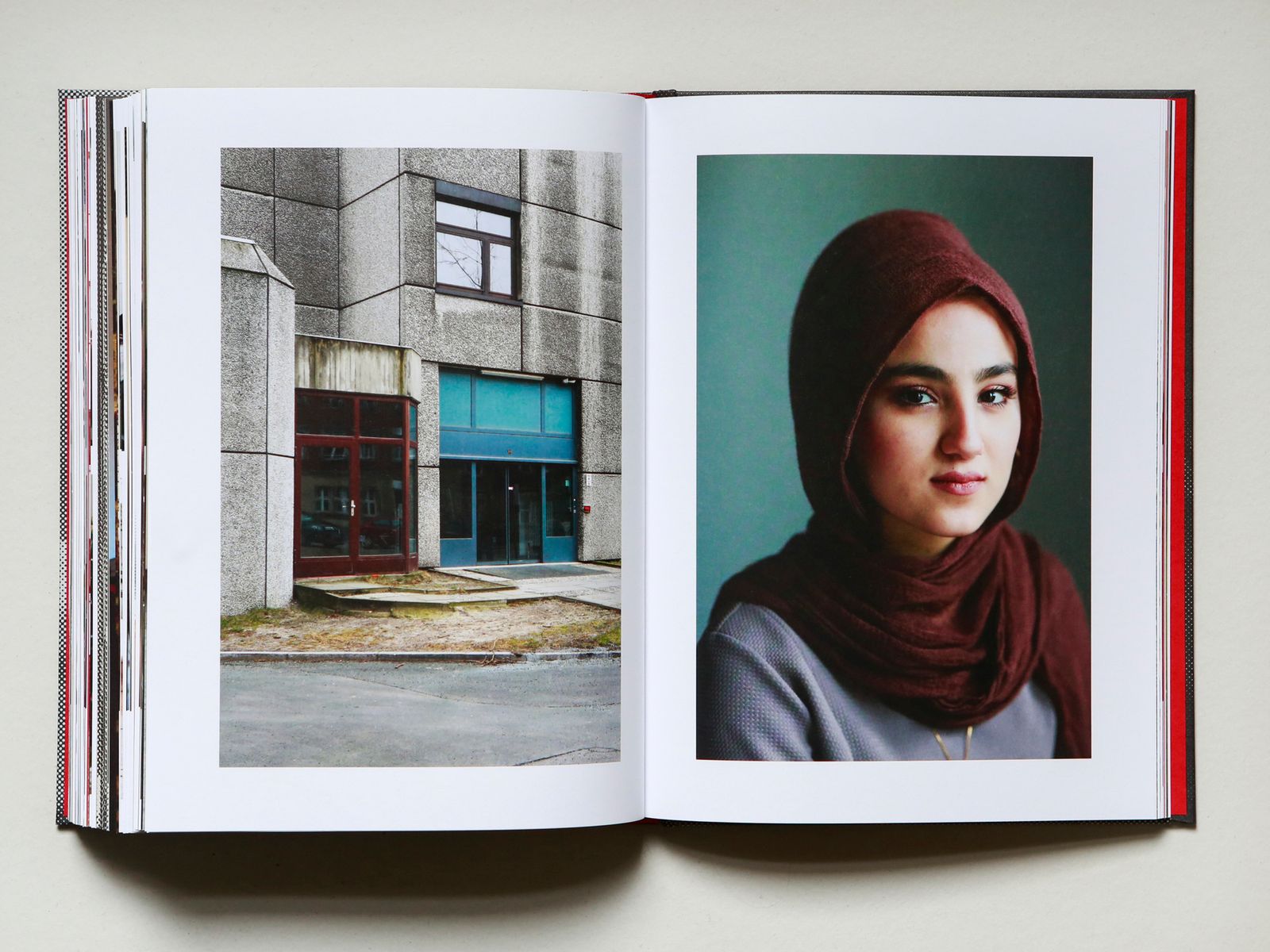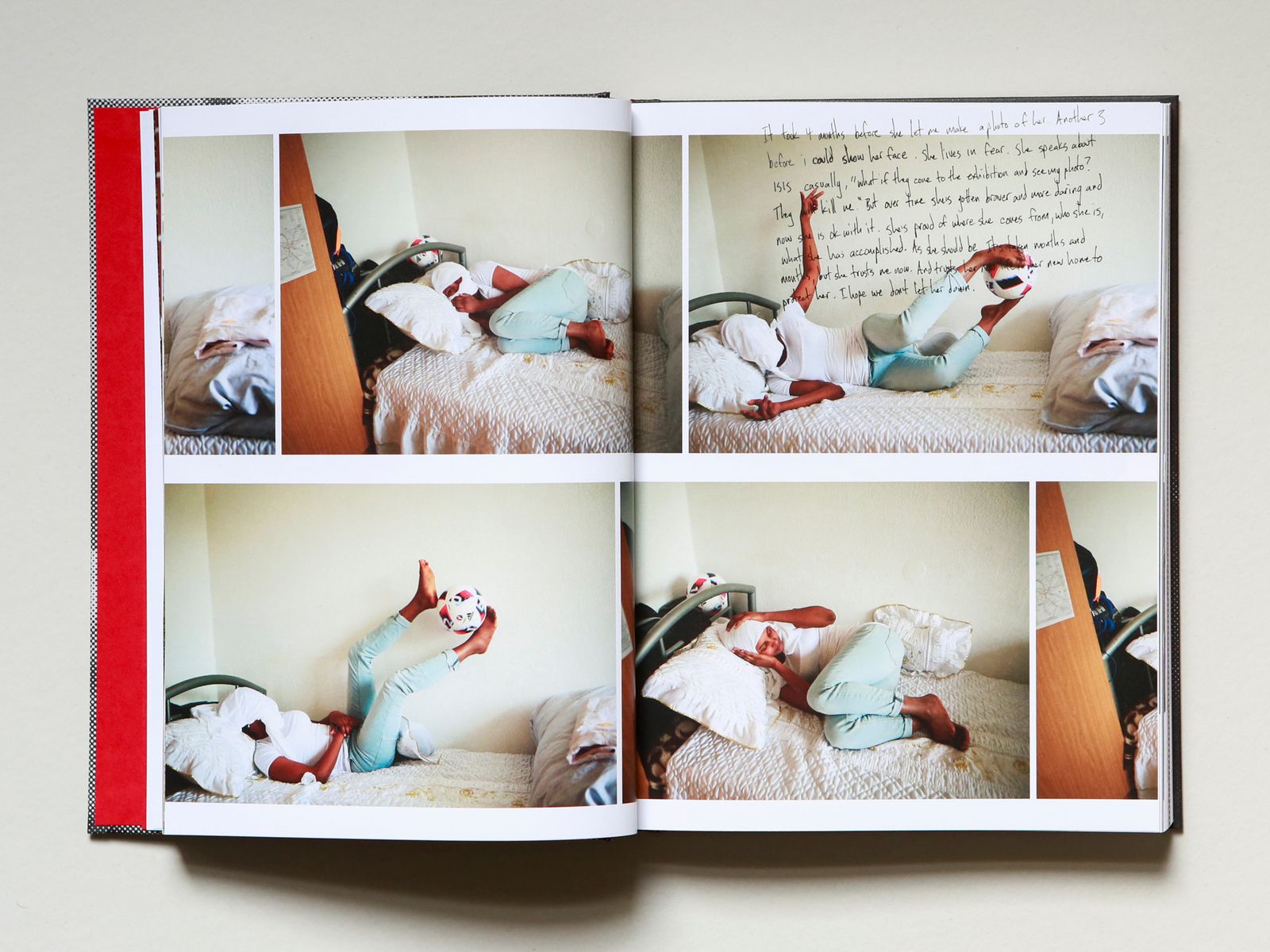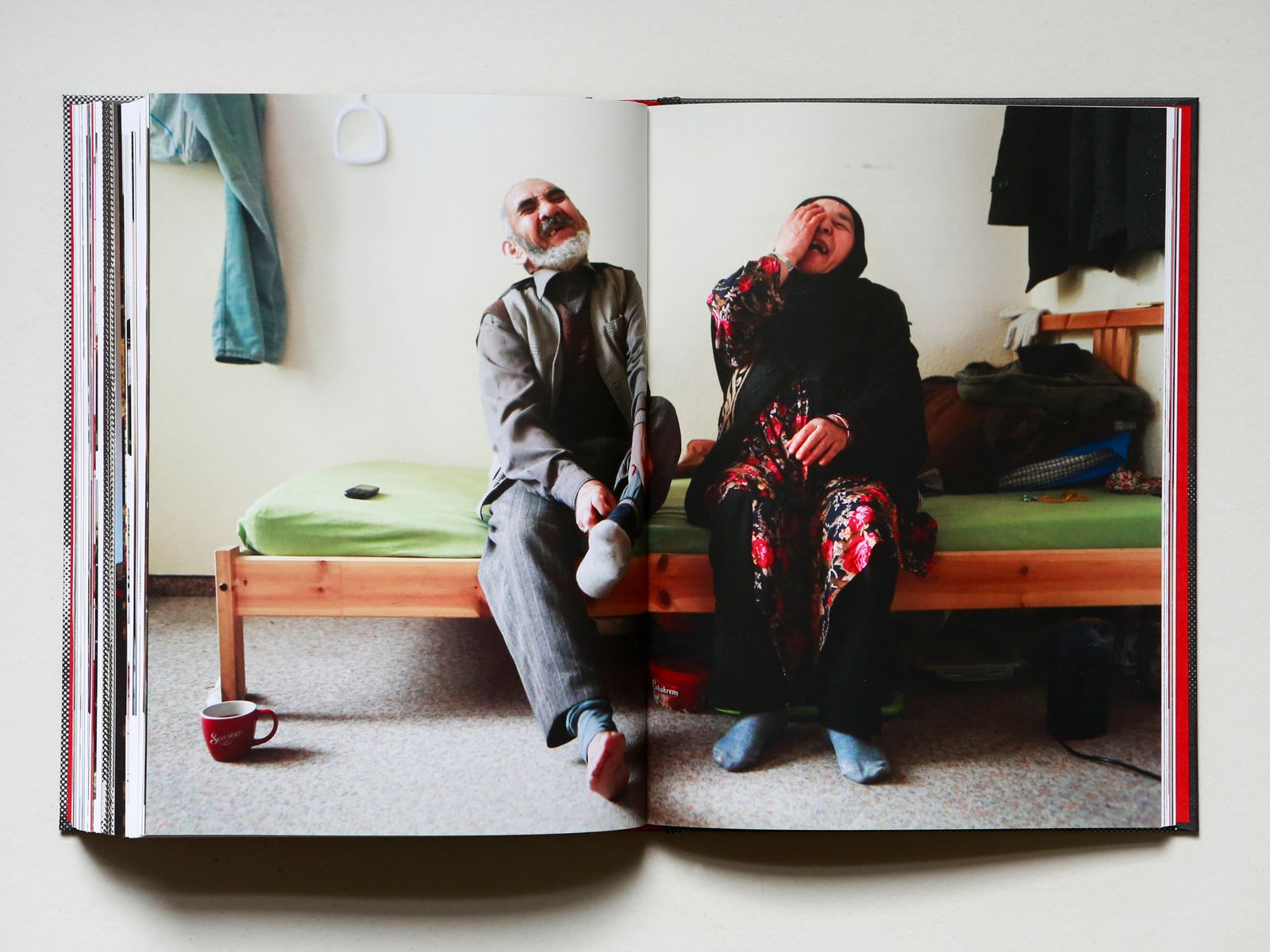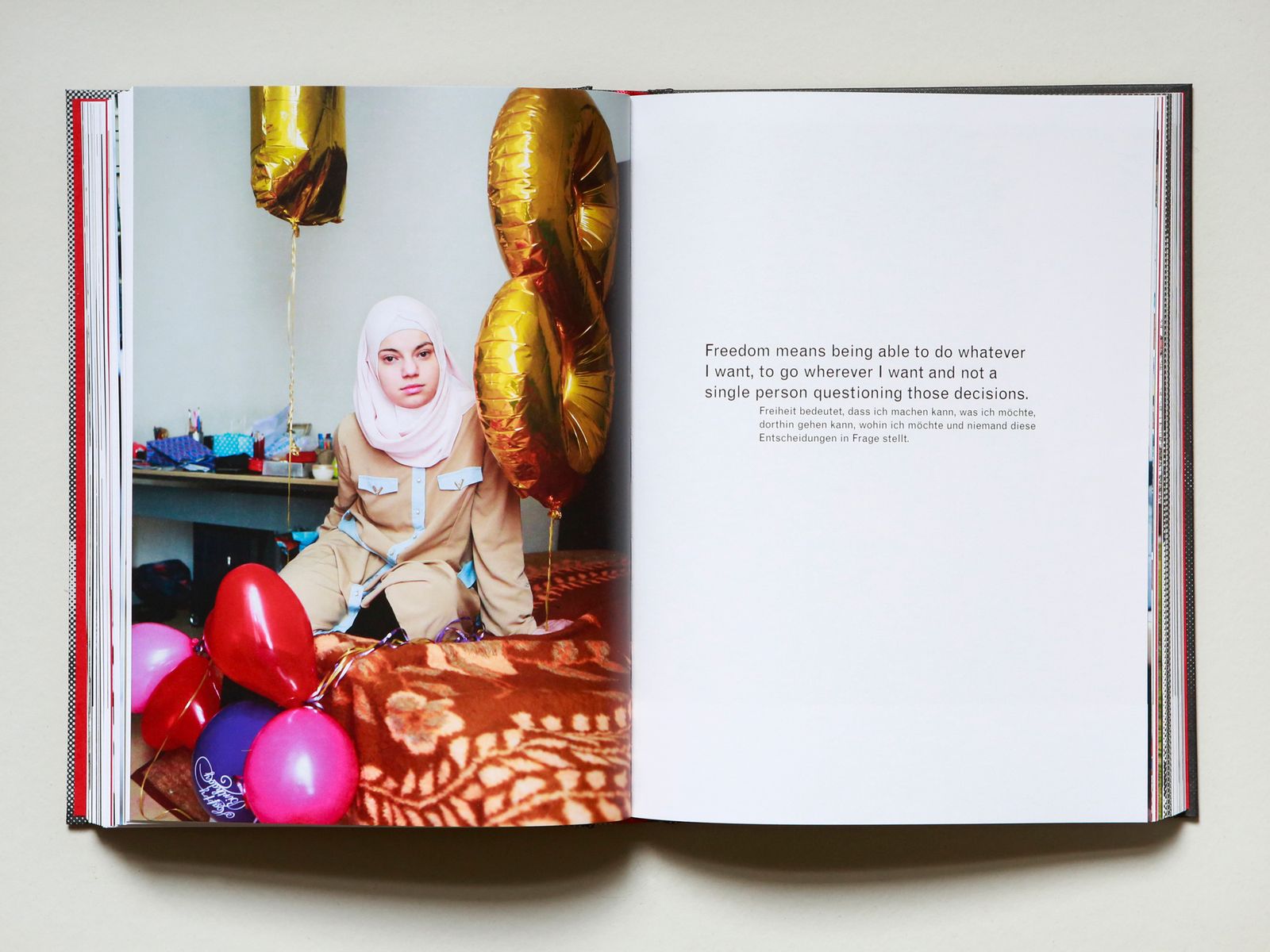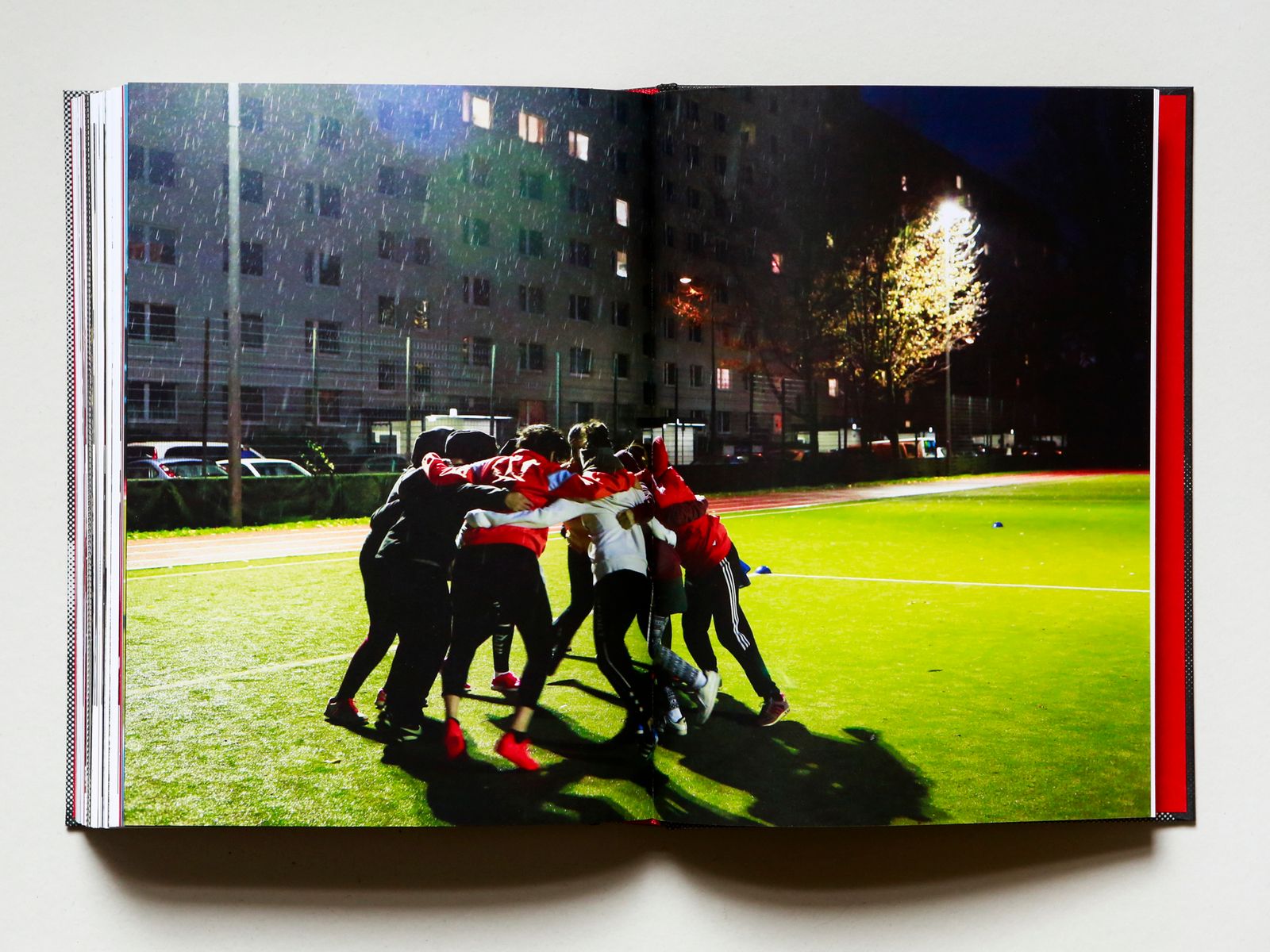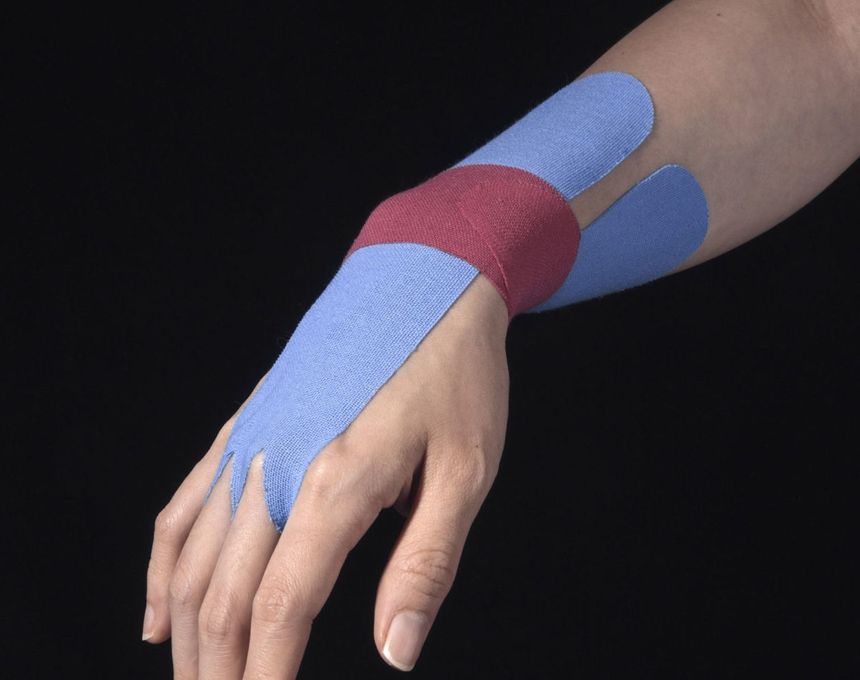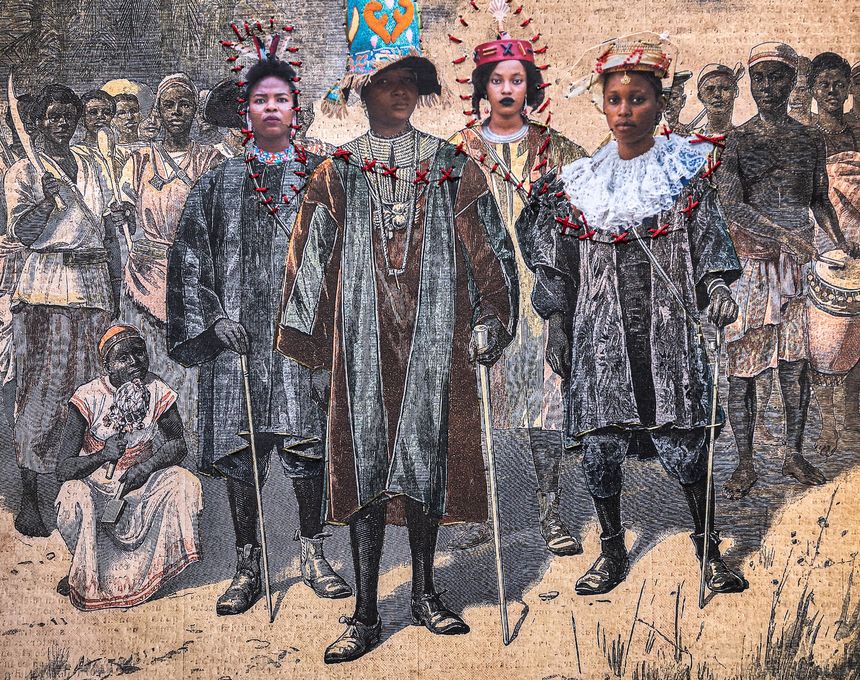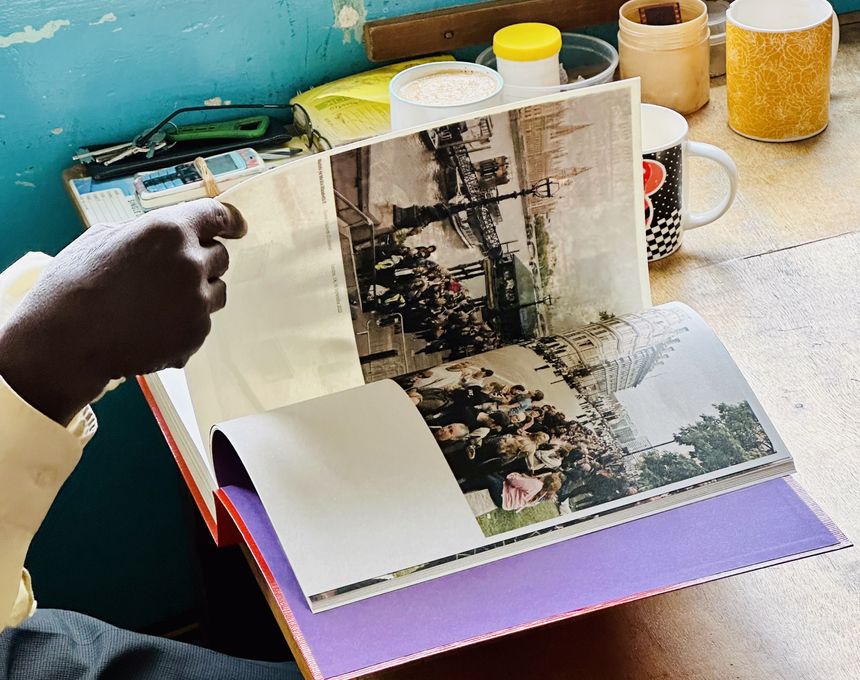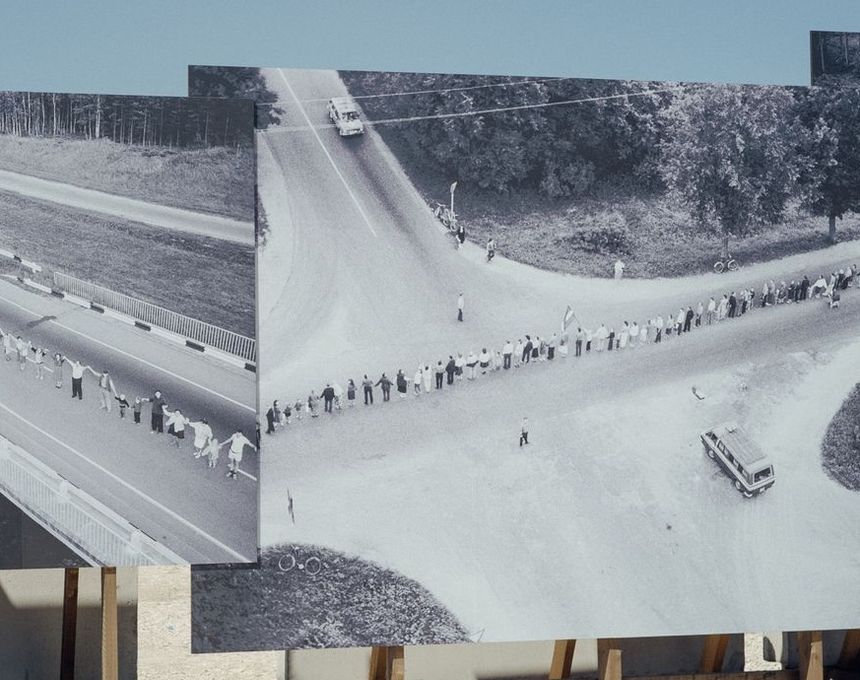Photobook Review: Nobody Said it Would be Easy
-
Published15 Mar 2019
-
Author
Alexa Vachon’s Rise is a book about a group of refugee women who play football. It’s also about life, love, home, family, dress, friends and finding a space that is free from male violence and control.
Alexa Vachon’s Rise is a book about a group of refugee women who play football. It’s also about life, love, home, family, dress, friends and finding a space that is free from male violence and control.
Until a few years ago, in my home country (the U.K.), you didn’t see women’s football on television, you didn’t see it in newspapers, you didn’t see it anywhere. And you didn’t see it for a reason. One reason was the residual history of the Football Association, an organisation which banned football in the 1920's due to fear of both its popularity (women’s games often got higher attendances than men’s games) and its very visible contribution to women’s independence. If you played football you were going outside a patriarchal idea of what a woman should be and where a woman should be.
Now however, you see women’s football everywhere. Highlights and live matches are broadcast on terrestrial television, you can read reports of it in the daily newspapers, and you will see women footballers commentating on male matches and becoming popular sporting figures in their own right. You can see films about women and football, from Bend it Like Beckham to the brilliant Offside, a film about a girl trying to get into the stadium for an Iranian World Cup qualifier.
Pick up a newspaper, or go online and you can read about the increasing role women’s football has on the global stage. You can read about the glories of the World Cup, you can read about the ongoing scandals in women’s football, and the way in which big money, sexual abuse and misogyny have collided in scandals in Somalia, Afghanistan or England.
Alexa Vachon’s Rise tackles these differing ends of women’s football. Rise focuses on the players of CHAMPIONS ohne GRENZEN (Champions without Borders); players from Afghanistan, Iran, Syria, Somalia and Albania who rise at dawn and battle the odds to play the world game, the people’s game, the beautiful game. It looks at both the liberation, the hope, the freedom experienced by women playing, but also the restrictions, the obstructions and the rationalisations.
There are images, there is text and there are notes from both the women Vachon photographs and from Vachon herself. It’s a broad-ranging book with images that go from beautifully shot portraits to the sparse interiors of camp apartments. These notes tell of the decision to leave a home country; “The hardest thing for me was that I did not know where I was going, the road was unknown. We were walking without knowing where to,” of those left behind, the weighing up of considerations of safety (“… we would have died there sooner or later”) and of the heartbreak of friends and family left behind.
There are stories of the difficulties of living in camps, of finding apartments, but also of the consciousness of the struggle to be a woman; “we are a second gender. Sometimes we don’t even have the right to life; women are killed in their own homes, suffocated or have their ears, lips and noses cut off.”
And then there is football. Khalida Popal, the former captain of the Afghan women’s team writes about how women fought for recognition for the team and the backlash of violence that followed; “Playing football as a woman is seen as dishonourable. I was getting rape threats and eventually the harassment wasn’t just coming from normal people like neighbours. I had been publicly speaking out about corruption in the football industry in the country. The threats started to come from powerful people; leaders in the country.’
There are no threats like this in Berlin, only an underlying hum of disapproval that never quite goes away. Vachon’s pictures (in colour, in black and white, full bleed, in sequence and so on) show the football, they show women on public transport, at lunch, at home, in places of worship, getting married, and playing football. They are pictures that are neither joyful nor depressing, they simply are, a kind of photographic stream of consciousness where the thoughts of the text are not directly linked to the uncaptioned images of the women.
Nothing is simple and the text reflects that. For some women, Berlin is home, a safe haven, for others it’s not, it’s a cold place filled with Nazis. One woman misses the warmth of Iran, another the feeling in Syria that you would do anything for a friend. Other women wonder at the fact that you can go out at night, that you can walk alone without a man to keep you safe. The quotes roll one into another, showing the rollercoaster ride the refugee has to endure, the mixed emotions of desperation, relief, safety, confidence, homesickness, frustration, depression churning over and over. This range of emotions breaks down that idea of the refugee as a type. She is neither an invading alien nor some reductive tragic angel. Instead she is a complex figure with hopes, dreams and a life that is as complex and multi-layered as anybody else’s.
Central to that life is football. Playing football is a release for the women in the book, it provides a space to forget, to engage in another way of being, to be physically free, to escape the worries of finding a partner, a job, an apartment or citizenship. The pictures here are a neutral zone then, the place where something else happens that is both intensely personal and private but also a shared, communal experience that is beautiful in nature.
Rise is a sprawl of a book. It takes you one way and then it takes you another, the domestic, the religious, the emotional are all mixed up. In one way nothing is clear. In another way, everything is. In its mass of images and information, Rise always stays interesting and engaging. It’s matter-of-fact and it’s down to earth and it doesn’t tell you what to think. But it does tell you to think.
--------------
Rise by Alexa Vachon
Self-published in an Edition of 500 // Released: October 2018 // Languages: English and German
Designed by Katharina Zettl // Edited by Holly Young
Texts by Sara Afzali (Afghan Journalist); Khalida Popal (former captain of the Afghan National football team); and Carmen Grimm (team coach and co-founder)
Hardcover // 272 pages including colour photography, texts, interview quotes and handwritten texts from the football players // 17.5 x 23.5 x 2.6 cm // €36
--------------
Alexa Vachon is a Canadian born, New York educated, Berlin based photographer who works on assignment for various international publications and on long-term projects focusing on women’s rights and human rights. Follow her on PHmuseum and Instagram.
Colin Pantall is a photographer, writer and lecturer based in Bath, England. His latest book, All Quiet on the Home Front, focuses on family, fatherhood and the landscape. Follow him on Twitter and Instagram.
